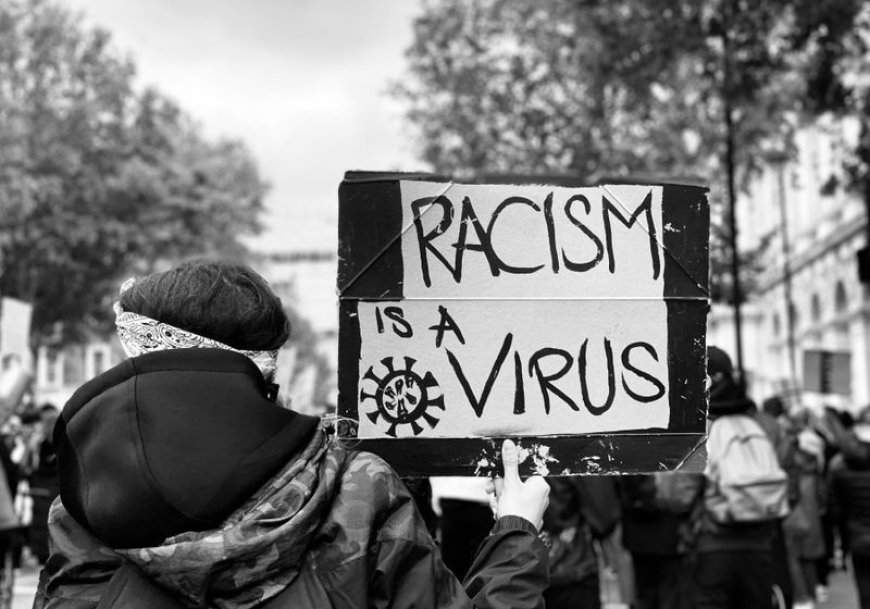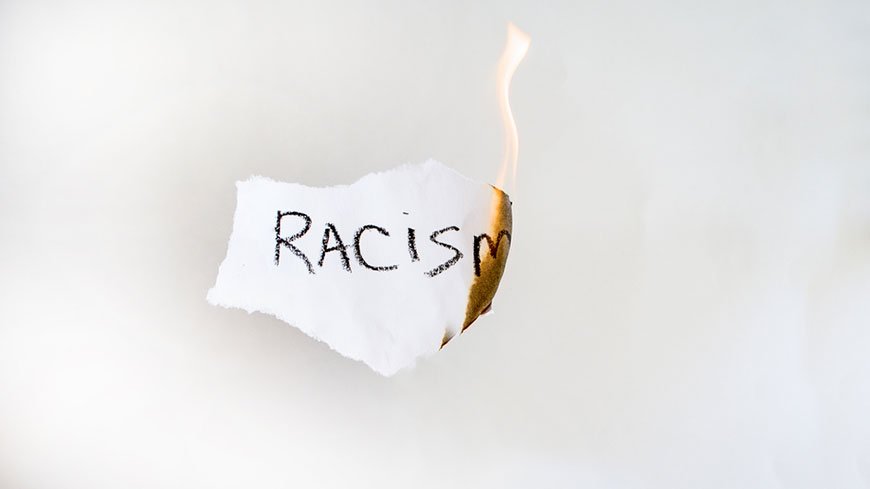Colorism: An Unseen Battle Within Ethnic Communities
Unpack the layers of colorism that exist within many ethnic groups, discussing how lighter skin is often perceived as more desirable. Share personal stories and interviews to reveal its impact on self-worth and community dynamics

Colourism—often overlooked in broader discussions about racism and social inequality—represents an internal battle that exists within many ethnic communities. Defined as prejudice or discrimination against individuals with darker skin tones by those from the same ethnic group, colourism runs deep, shaping identities, opportunities, and interpersonal relationships.
While the scars of colourism may not be as visible as those of overt racism, their impact can be just as profound. They lead to emotional turmoil, social division, and a devaluation of one's self-worth based on skin color alone. For many individuals caught in this web, the ramifications stretch beyond personal identity—they affect mental health, relationships, and professional prospects.
The Inside Story Skin Tone and Identity
Imagine being told, as a child, that you would be prettier if your skin were lighter. Or consider facing workplace discrimination, where your competencies are questioned simply because your skin holds a deeper hue. For countless individuals, this painful narrative represents the reality of living in a world where lighter skin is often seen as superior—equated with beauty, privilege, and desirability, while darker skin is burdened with stereotypes and prejudices.
Colorism manifests in numerous ethnic communities, often as a vestige of colonial histories. Throughout history, darker-skinned people have faced marginalization, dictated by a societal hierarchy that values fairer skin. Whether it's within South Asian, Latino, African, or East Asian communities, colorism can create divides that lead to tension and strife. Familial relationships can suffer, with individuals feeling alienated from those they love due merely to the shade of their skin.
The Emotional Toll
The psychological ramifications of colorism can be devastating. Studies have shown that individuals with darker skin tones are more likely to suffer from low self-esteem, depression, and anxiety, stemming from societal stigmas and internalized bias. They may spend a lifetime wrestling with feelings of inadequacy, constantly bombarded by messages suggesting they are less worthy or beautiful because of their skin color.
This internal struggle often goes unnoticed by outside communities and can lead to feelings of isolation. Darker-skinned individuals may grapple with self-identity, fluctuating between pride in their heritage and the urge to conform to societal standards favoring lighter skin. The pain is personal, often manifesting in ways that are difficult to articulate but deeply felt.

The Narrative Breaks
For many communities, it is imperative to acknowledge and confront the realities of colorism. Voices are rising against these injustices as more individuals share their experiences, emphasizing the need for solidarity rather than division. An increasing number of campaigns and platforms highlight the beauty of all skin tones, encouraging self-acceptance and pride.
Storytelling plays a crucial role in this movement. By sharing the lived experiences of those affected by colorism, communities can foster empathy and understanding, helping to dismantle harmful stereotypes. Media representation is gradually improving, showcasing diverse skin tones in positive and empowering ways. However, the struggle continues, and variations in progress exist across different communities.
The Path Forward
Confronting colourism requires a collective effort. Education is key—communities must engage in open dialogues about the damaging effects of colourism and strive to cultivate environments where all skin tones are celebrated. Parents and elders have a unique role in shaping narratives around beauty, emphasizing the richness and diversity of their heritage.
Furthermore, support systems within communities are paramount. By creating spaces where individuals can share their experiences and learn from each other, communities can foster healing and solidarity. Activism and advocacy also play crucial roles in ensuring that discussions about race and skin color are inclusive, helping to bridge divides rather than reinforce them.
As we move towards a more inclusive future, it is crucial to dismantle the constricting ideologies of colourism. The fight for justice and equity must include the fight against all forms of discrimination, including that which occurs within communities.
Only through solidarity and collective action can we promote a world where every shade of skin is recognized as beautiful and valued for its unique legacy.
What's Your Reaction?














































































































